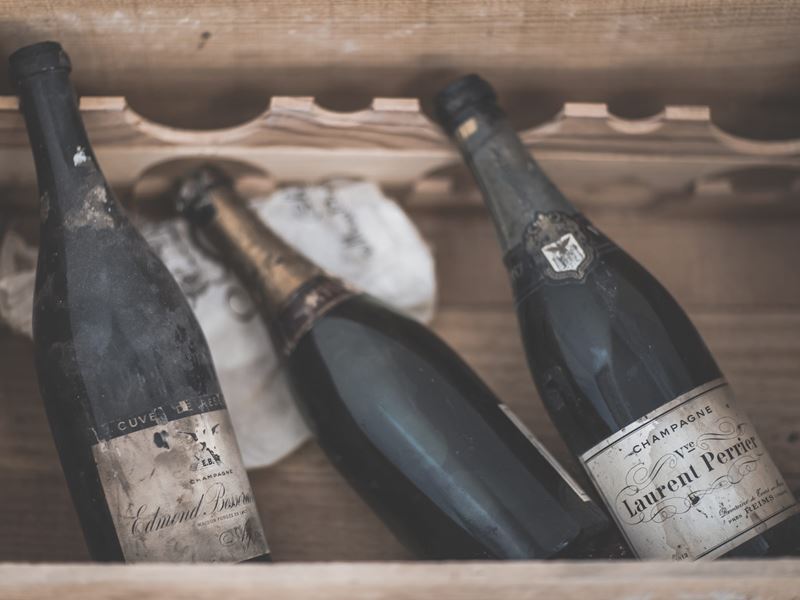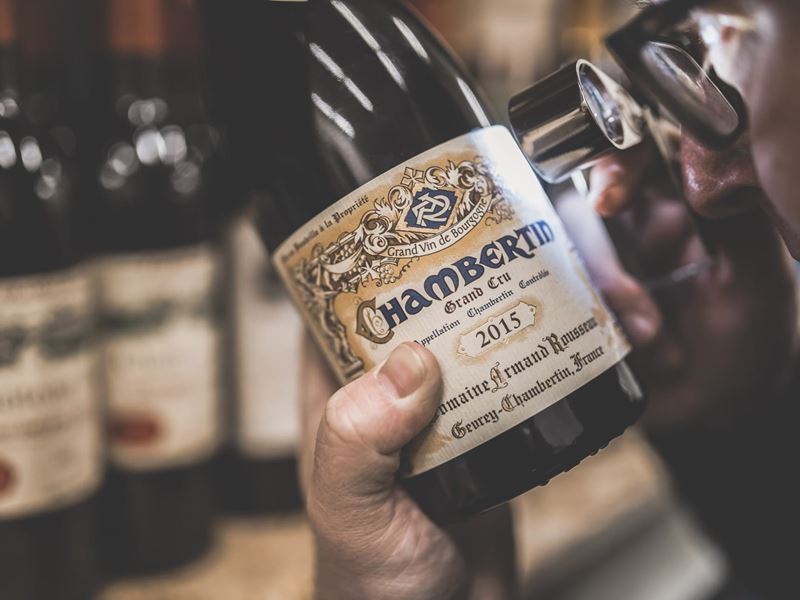Over time, the return on wine investments has justified using the term investment wine. Numerous examples of wines with rising prices have been good investments, and from a broader perspective, wine has historically outperformed the global stock market.
The stock market is said to be effective, and share prices rise and fall daily in line with new information becoming available and the changing mood of the market.
Thus, the stock market is sometimes very volatile, resulting in increased risk.
Wine is much more stable as an investment.
There are far fewer events that affect wine prices to move, and the number of events resulting in falling prices is limited.
Instead, prices increase steadily at a steady pace in line with growing demand and the continuous consumption that reduces the supply.
The wines below are examples from existing, actual portfolios.
The investors have purchased the wines through RareWine Invest based on RareWine Invest’s recommendations.
Valuation prices correspond to the sales price of wines on the global market and have been communicated to the investors via My RareWine Invest.
In 2015, the American business magazine Forbes focused on wine investments and compared wine with stocks.
It compared a portfolio of various investment wines with the market index S&P 500 over 20 years. The outcome was that investment wines had provided twice the return on investment compared to stocks from 1993-2013.








